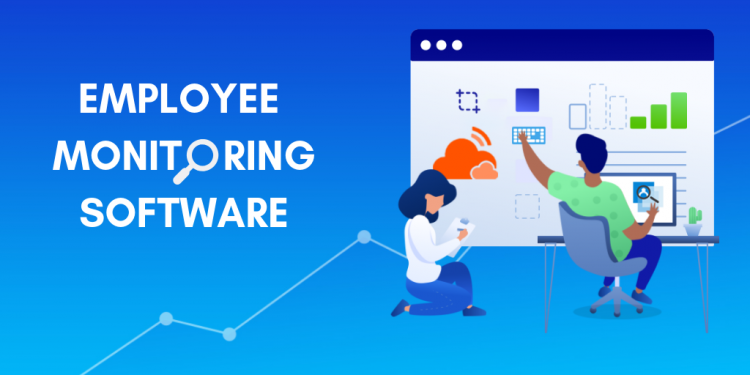Installing employee monitoring software on your employees’ computer is easy, anyone can do it. But, you can’t get any real benefits from it if you don’t know how to analyze and use the data this software provides.
Many companies have invested resources into finding the perfect employee monitoring software only to stop using it after a few months because it didn’t give them the return on investment they expected. Managers of these organizations end up disappointed in the monitoring industry and just give up on it altogether. They blame it on the software, or the company selling it, and they move on with their lives.
However, if they invested just a little bit more time into understanding how the tool can help them, they would be able to improve their organization in many ways.
Why are we telling you this? We don’t want you to make the same mistakes, so we invite you to join us as we explore the data monitoring software collects, and what it can tell you about your team members.
The Most Optimal Working Hours
If you’ve learned only one thing about work during the pandemic, it’s that having flexibility in the workplace is becoming essential. Once upon a time, it was a cool perk you could add to your Careers page, but now it’s expected (for most desk jobs).
What do staff monitoring tools have to do with it? Well, the data they collect can help you, and your team, discover what are the best working hours for them. The software collects data about productivity, and if you look carefully you can discover patterns in employee monitoring software. Most people feel groggy after lunch, and if you notice that your employees are usually browsing unproductive websites after lunch, you should consider prolonging their break.
Do Your Employees Know Enough to Do Their Jobs
We’d all like to think that we’re experts in our field and that we hired people who are experts to do their jobs. We usually expect our team members know and understand how to do any task that comes their way. The reality is a bit farther than the truth, and asking for help isn’t easy.
In any case, user activity monitoring tools give you the insights that you need to figure out if anybody on your team needs more help. Compare the data that’s collected during the same tasks to see which person did a better job. This will give you the basis to have a conversation about the underperformer’s skills.
It’s quite possible that you have employees who are struggling with certain software, but they don’t want to say anything out of fear that it could affect your perception of their performance.
Are Your Workers Getting Enough Rest
The data shows that productive employees take frequent breaks, but in reality, we’re all eating lunch while reading emails and get up from our table only to make another cup of coffee.
With a work monitoring tool that serves as an attendance tracker, you can easily see how many breaks have your employees taken during the day to make sure they aren’t overworking themselves. If you notice that someone hasn’t taken a break the whole day – send them a message to check in and remind them to rest.
You can access this data easily with a time and attendance tracker, and it keeps your workforce rested and productive while showing your employees that you care about them.
Conclusion
Managing entire teams or organizations isn’t an easy task, and the best employee monitoring software makes it a lot easier. But, only if you know how to use it.
In this article, we’ve shown you how you can use the data from the monitoring software to ensure your employees are feeling good at work while being as productive as they can be.
Follow Techdee for more informative articles.





